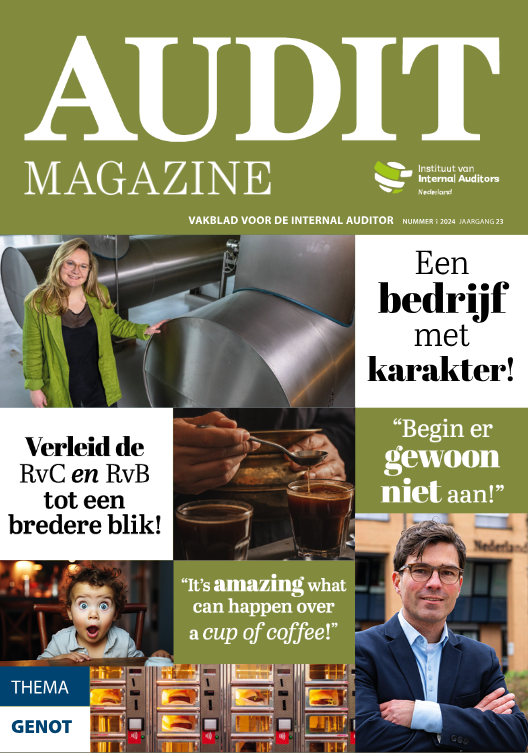24-02-2016Pros and cons of the Internet of Things | ||
RMProfessional - The official magazine of the Institute of Risk Management Editorial - Why it’s good to talk "In this issue, we take a look at one of the most hyped technologies around today – the Internet of Things (IoT). In brief, IoT envisages a world of interconnected devices. Think security systems controlled by mobile phones, say. Some of that technology is available off the shelf today for consumers and, as we see in our opening feature on the issue, large companies are also getting in on the act. As usual, regulation in the area lags. About a decade ago, we were in a similar situation with nanotechnology. Then, we were warned grey goo, comprising tiny nanobots, would eat the earth and everything in it. Chemists, materials engineers and others working at the coalface threw up their hands in despair at the ignorance of these detractors. Regulators in Europe reacted with strict labelling and testing rules. Fast-moving technologies always emerge more rapidly than rules to control their worst possible side effects. Such developments arise in an unco-ordinated, hap-hazard way, with even those working to bring the technologies into existence unsure about what their potential effects on society will be. That creates uncertainty and worry. Readers of this magazine know that risk management should go hand in hand with innovation. Sometimes it does – especially in large organisations. But there are also a whole bunch of tinkerers working in their bedrooms and garages who operate under the radar. They might be splicing DNA as you are reading this article, or be working on new surveillance devices controlled from domestic toasters. The possibilities are endless. For larger businesses – who represent the official face of any industry – early public engagement is key. When the nano-scares were in full flow, the German pharmaceutical company BASF launched a public consultation program. It was the only one in Europe at the time, and the scientists working on it found it frustrating. Science is hard to explain to a lay audience. But, over time, they did see a change in attitude to the company. Despite continued resistance to some of its innovations, people started to trust the information they were being given. After all, BASF didn’t have to do anything, so the fact it was opening up a dialogue produced results. If IoT is going to be even half as big as we are told, developers need to be getting in touch with the communities it is going to affect soon. They need to understand their legitimate worries and seek to find ways to address those in the products they want to unleash. They need to talk to regulators. And they need to talk to the public too. That may seem like an unwelcome distraction now, but if they want to avoid a grey goo-style backlash, it could be time well spent." Victoria Robinson |
24-02-2016






